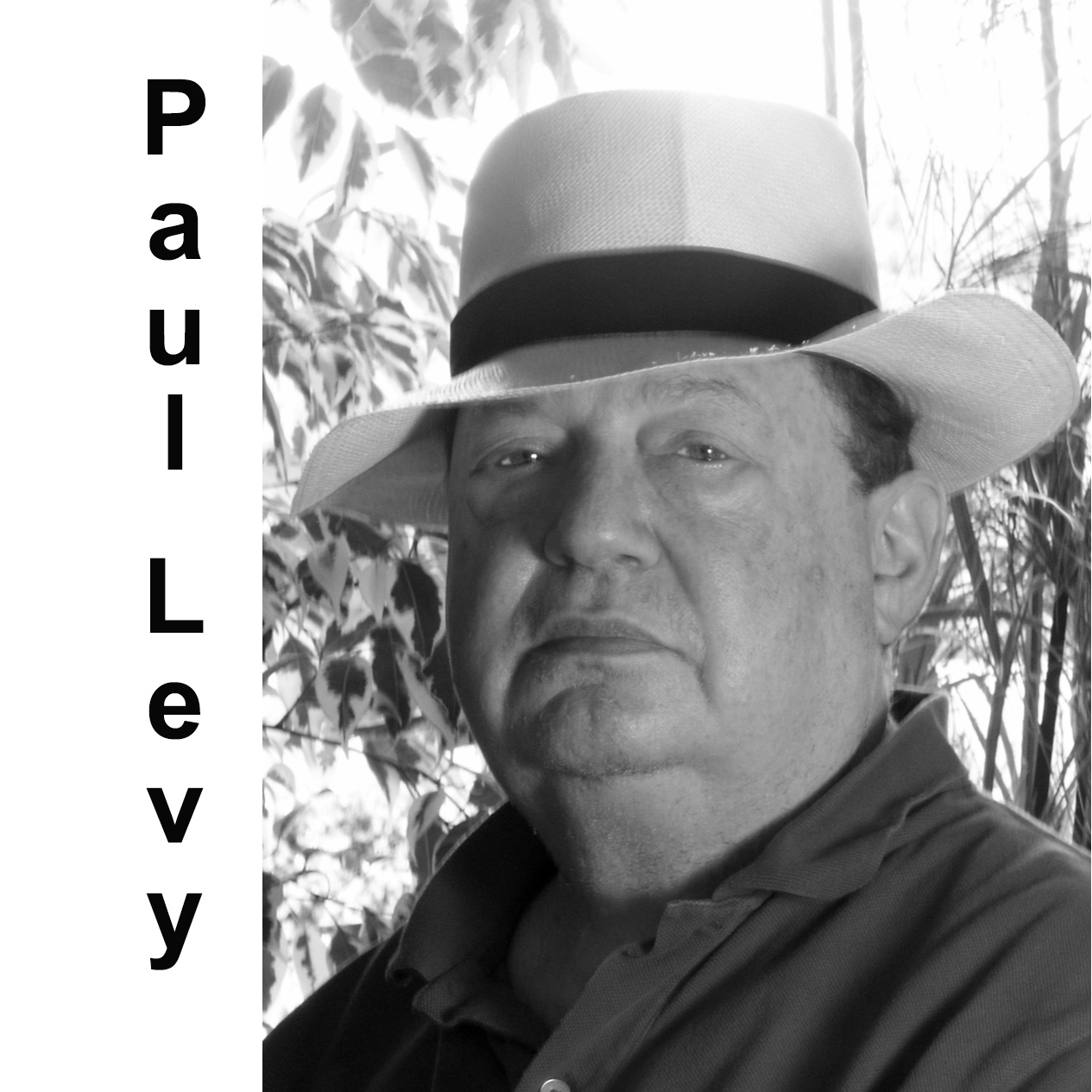Barbara Rose, the internationally celebrated art historian, curator, critic and filmmaker, who has died aged 84, was a pioneer in several fields of scholarship, ranging from the art of Romanesque Spain to contemporary Minimalism. In the course of a career lasting sixty years, she accomplished a great deal, and she also had a colourful private life, as is shown in her as yet unpublished memoir. She championed the history of American art, and her first book, American Art since 1900: A Critical History (1967) was published in fourteen languages. In the 1960s and 70s her “ABC Art”, published in Art in America in October 1965, was soon recognised as the pivotal text; comparing the ideas of Kasimir Malevich and Marcel Duchamp, she examined the evolution of those American artists who were soon to be labelled Minimalists – Donald Judd, Sol LeWitt, Frank Stella, Richard Tuttle and Andy Warhol et al. In the 21st century she became a vigorous defender of the autonomy of painting.
Barbara Rose was born in Washington, D.C., was educated at Smith College, finishing her first degree at Barnard College in 1957, and went on to do graduate work at Columbia with Meyer Schapiro and other distinguished art historians. In 1959 she married a Dartmouth man, Richard DuBoff, an economic historian. In a piece that appeared in 2019, she said, “We knew our parents would give us money as gifts. So we had a traditional upper-middle-class wedding with a band playing Mendelssohn or something and all the relatives and the cakes. … Then we went to Europe.” She was 22 when she married, and 23 when she was divorced for the first time.
Among her intimate New York friends were the sculptor Carl Andre, the filmmaker Michael Chapman, the painter and jazz musician Larry Rivers, and the artist Frank Stella. In 1961, Stella accompanied her to Spain, where she was to study on a Fulbright Fellowship, and they stopped in London, where they were married. The vivacious, stylish Barbara, later famed for her eye-catching scarves, turbans, feathers and outfits said, “I only had one dress, “so I wore that — we were desperately poor. We lived in various hovels and had a double sleeping bag on the floor of his loft.”
There were soon two children. They didn’t really want to divorce in 1969, but “then he got to be super-famous. It just got too complicated.” Husband number three was Jerry Leiber, of Leiber and Stoller, the lyricist of some of Elvis Presley’s greatest hits. This marriage was a disaster; and on the day of what would have been their 50th wedding anniversary, she remarried DuBoff.
Rose contributed regularly to the art press, writing in Studio International, Art in America, and Artforum; and 1966 to 1988 she was contributing editor at Vogue, and at New York magazine (1971-1977), at Partisan Review (1975-1996), at Arts Magazine (1978-1988) and editor in chief at the Journal of Art (1988 to 1991). Her books include: The Golden Age of Dutch Painting (1969); Pavilion: Experiments in Art and Technology (1972); Art as Art: The Selected Writings of Ad Reinhardt (1975); Monochromes: From Malevich to the Present (2006) and Painting after Postmodernism: Belgium–USA (2016). A collection of her critical writings was published as Autocritique: Essays on Art and Anti-Art, 1963–1987 (1988); and her ground-breaking monographs include Claes Oldenburg(Museum of Modern Art: 1970); Helen Frankenthaler (1971), Ellsworth Kelly (Stedelijk Museum, 1979), Patrick Henry Bruce (Museum of Modern Art, 1979); Barnett Newman (Stedelijk Museum, 1980), Alexander Liberman (1981); Magdalena Abakanowicz (1994), and Larry Rivers (Corcoran Gallery of Art: 2002). As curator at the Museum of Fine Arts, Houston (1981-1985), her exemplary exhibitions included Miró in America (1982); Fernand Léger and the Modern Spirit (1982); a career-defining retrospective devoted to Lee Krasner (1983); and Fresh Paint: The Houston School (1985). She was also the first director of the Katzen Arts Center at American University, Washington, D.C.
Her film credits include the documentaries The New York School and American Art in the 1960s (1972). She collaborated with François de Menil and Philip Glass to make North Star: Mark di Suvero (1977). She directed and produced Lee Krasner: The Long View (1978), Tanya Grosman: a life with painters and poets (1979) and Art/Work/USA (1980).
In 2010 she was awarded the Order of Isabella the Catholic by the Spanish government for her contributions to art history and Spanish culture and art; and in 2011 Rose became the first Morgan-Menil Fellow at The Morgan Library and Museum in New York. Rose’s papers are in the Archives of American Art and the Getty Research Institute; her film archives are preserved in New York’s Anthology Film Archives.
She died of cancer stoically borne for many years, and is survived by DuBoff, Stella, her children Rachel and Michael Stella and four grandchildren.
Barbara Ellen Rose, born June 20 1936, died December 25 2020.
